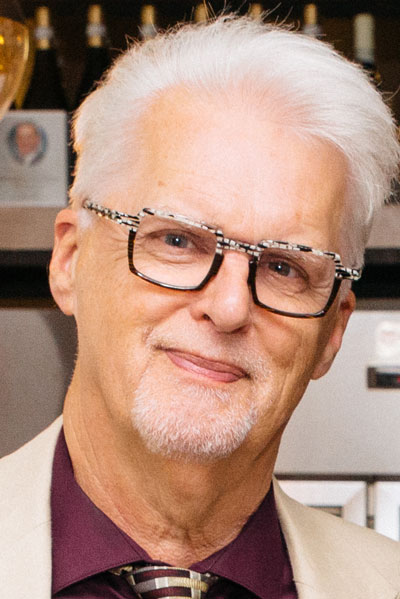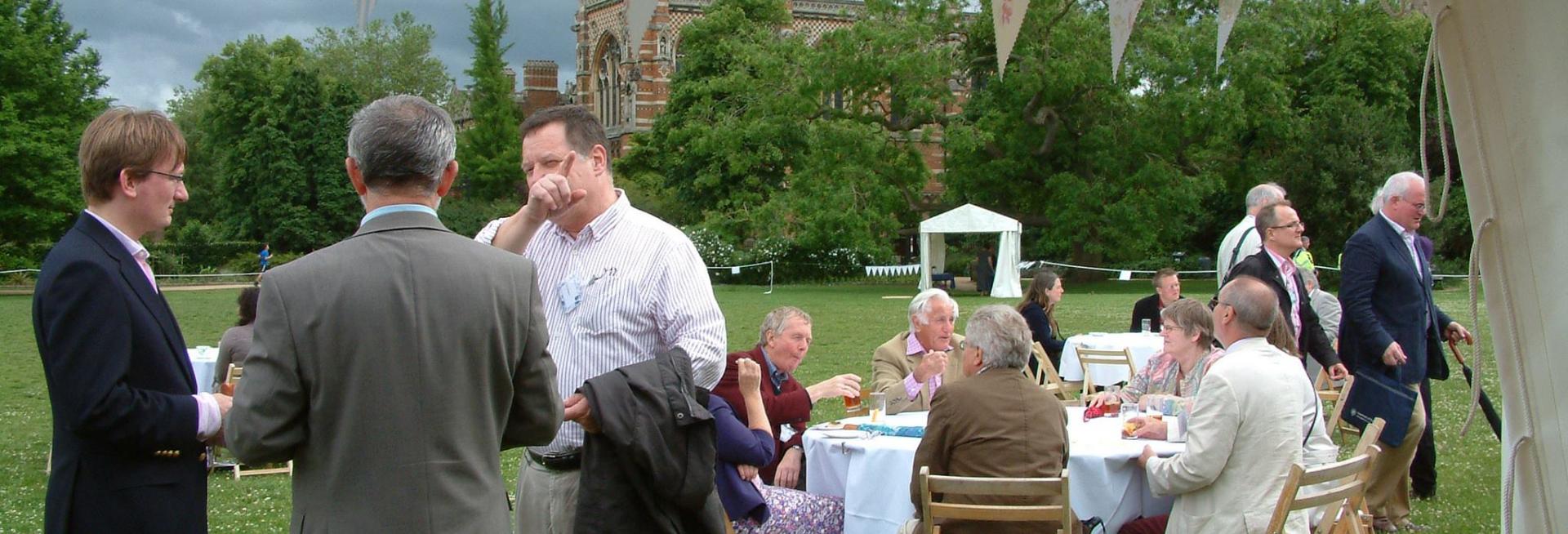Alumni from Oxford's Department of Physics follow a wide variety of career paths; here, we hear from alumnus Richard Arthur, who has just been elected to the Royal Society of Canada, the country's highest academic honour...

I studied physics at Brasenose College from 1969 to 1972, and then pursued a career in philosophy in Canada, specialising in early modern natural philosophy and mathematics, as well as the history and philosophy of time and the infinite.
One of my two college tutors (along with John Peach) was my mentor and friend Simon Altmann, who sadly passed away aged 98 at the end of September this year. It was Simon who nurtured my early interest in philosophy of science. He taught me deductive logic in his spare time, and I remember discussions at his house on Woodstock Road about the interpretation of quantum theory (although the ‘heathen variables’ had me momentarily puzzled!). Subsequently, on his advice I went to McGill University in Montreal to do an MA in Philosophy with his fellow Argentine and philosopher-physicist, Mario Bunge, and from there I pursued a career in history and philosophy of science and mathematics, teaching philosophy in Calabar, Nigeria, Applied Mathematics at Western in Ontario, and philosophy at Middlebury College, Vermont, a prestigious Liberal Arts College, before returning to Canada in 2002 to chair the philosophy department at McMaster University in Hamilton, Ontario, where I am now Professor Emeritus.
My main area of research over the past 30 years or so has been 17th century philosophy, particularly that of Newton’s great rival, the polymath Gottfried Leibniz. I have published scores of articles and seven books on, Leibniz, Newton Descartes and their contemporaries, including Leibniz (Polity Press, 2014), a general overview of his thought, and most recently, Leibniz on Time, Space, and Relativity (Oxford University Press, 2021). I have also sustained my interest in philosophy of physics, on which I wrote The Reality of Time Flow: Local Becoming in Modern Physics (Springer, 2019), which includes four chapters on relativity (Special and General) and Quantum Theory. I am currently in the process of finishing four co-authored books, one a thorough treatment of the foundations Leibniz provided for his calculus, another translating from Latin previously unknown writings by him on the infinite, the third a translation of his scientific journal articles, and the fourth a study of the impact of Leibniz’s thought on Bertrand Russell.
Throughout these decades I have stayed in close touch with my old tutor Simon, who, after a highly successful career as a physical chemist, had launched a second career as an author in history and philosophy of physics. Indeed, he was still corresponding with me about the philosophy of causation in the weeks before he died. One very pleasing closing of the circle concerned my introductory logic textbook (Natural Deduction, Broadview, 2011), a late fruit of his early tuition, which Simon lent to a grandson of his who was having difficulty with the subject, producing—as he was delighted to report—a stellar outcome.
Richard Arthur (Physics 1969), FRSC, Professor Emeritus of Philosophy, McMaster University

